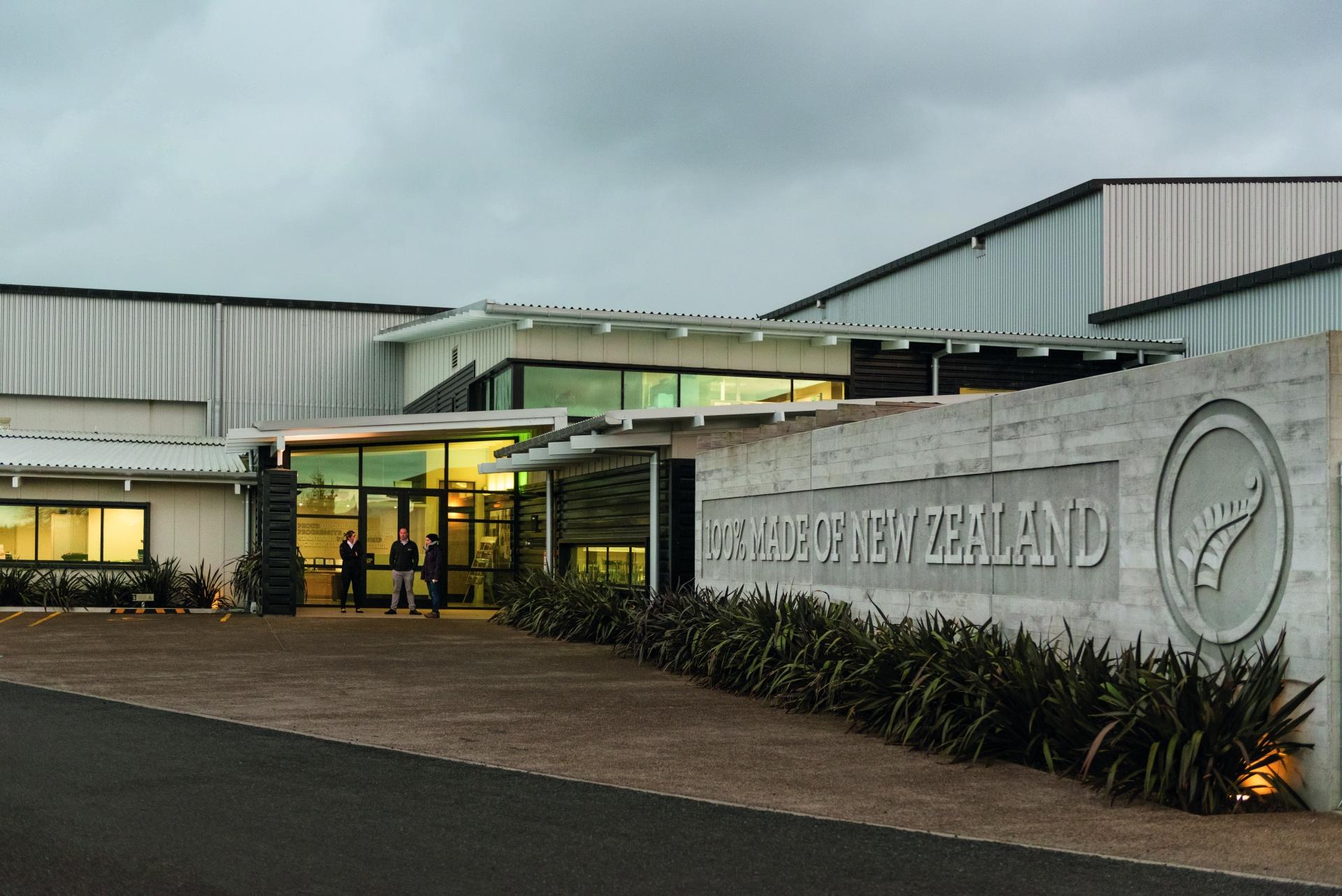WELLINGTON, Nov. 2 (Xinhua) -- New Zealand's largest red meat exporter Silver Fern Farms will present its latest branded retail venison products at the 5th China International Import Expo (CIIE) set to kick off on Saturday in Shanghai.
This product line covers venison frenched rack, ribs, striploin and flab cubes, and will soon be available through online and offline channels in China, Simon Limmer, chief executive of Silver Fern Farms, told Xinhua on Wednesday.
"Thanks to the platform of the CIIE, Silver Fern Farms will once again fulfil its commitment to enrich Chinese consumers' home cooking choices," Limmer said.
The 5th edition of the CIIE, to be held from Nov. 5 to 10 in China's economic hub Shanghai, will see more than 2,000 exhibitors from more than 100 countries. More than 280 of them are industry leaders or among the world's top 500 enterprises, according to the CIIE Bureau.
Until last year, Silver Fern Farms venison products were mainly available in primal packs for the catering industry or available only during the festive season as Christmas and New Year gifts at Walmart's Sam's Club. Its branded products are available in around 60 countries and regions.
"Since we first participated in 2018, the CIIE has provided a solid and efficient platform for Silver Fern Farms to not only showcase our company and products, but learn more about how we can change and adapt our products to better suit the demands of Chinese consumers," Limmer said.
The CIIE serves as a bridge for cooperation and exchange in the market for Silver Fern Farms, he said, adding the fifth year of participation will see the New Zealand company present more of its high-quality beef, lamb and venison products to more consumers and deepen cooperation with local partners, leveraging the spill-over effect of the CIIE.
Through the platform, Silver Fern Farms will build and strengthen relationships with new and existing customers who share its values for high-quality products and a sustainable growth model, forging closer ties between China and New Zealand.
PLATE TO PASTURE STRATEGY
Chinese consumers are putting forward higher demands on product quality and shopping experiences, Limmer said. In terms of red meat consumption, the demand for high-quality products is strong and the outlook is positive. Also, Chinese consumers are paying more attention to food safety and becoming more health-conscious, he said.
"However, the China market is shifting faster than ever before, and categories in our segment are growing more differentiated," he said, adding its Plate to Pasture Strategy and a Shanghai-based team help better understand the preferences of Chinese consumers and develop products tailored to them based on new learnings.
Its branded retail beef and lamb products not only cover styles common in the West, like striploin, rib eye, and lamb frenched rack, but also include hotpot slices, shank meat, ox tail, and lamb cubes, which are more suited to the Chinese cooking.
"Pure Box" vending machine meals, a convenient meal solution for Chinese consumers to enjoy New Zealand grass-fed beef and lamb, which are currently trialled in Shanghai, and some ready-to-cook meal products are examples of the company's adaptation to meet Chinese consumer tastes.
In addition, Silver Fern Farms' distribution and sales channels have been broadened to deliver more directly to consumers, thanks to the national supply network provided by its local partners. Its products are available in many boutique supermarkets nationwide, covering key cities including Beijing, Shanghai, Guangzhou, and Shenzhen.
FREE TRADE PARTNERSHIP
China is not only the largest importer of New Zealand red meat, but also the largest importer of Silver Fern Farms' beef, lamb and mutton products. The company has been selling in China for more than 20 years.
As the two countries mark the 50th anniversary of diplomatic ties, Silver Fern Farms will have more opportunities to provide this market with more of its premium red meat products from New Zealand, thanks to the bilateral free trade agreement and the Regional Comprehensive Economic Partnership (RCEP), Limmer said.
The COVID-19 pandemic caused widespread disruptions in the global supply and industrial chains. To bridge the gap and solve the problems brought about by the pandemic, deeper globalization and openness in global trade is needed, he added.
China is currently New Zealand's largest trading partner, accounting for approximately 30 percent of New Zealand's exports of goods and services, said the CIIE Bureau.
According to China's Ministry of Commerce, New Zealand's total exports to China reached 21.45 billion New Zealand dollars (12.59 billion U.S. dollars) in 2021, mainly in dairy products, meat and other edible sundries, cereal products, timber, and tourism services.




 A single purchase
A single purchase









